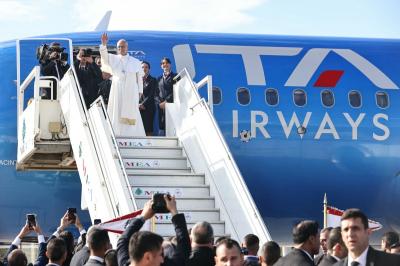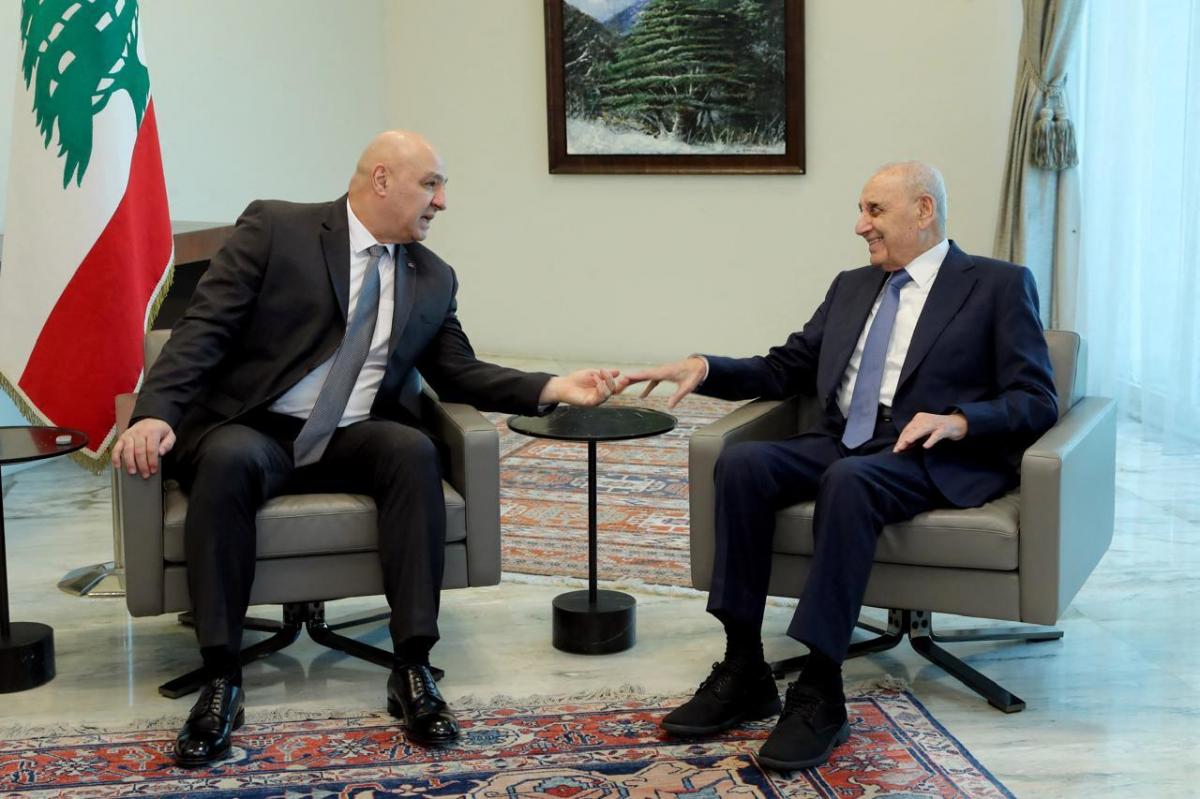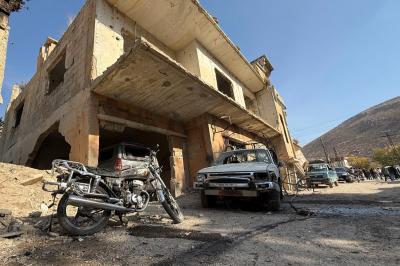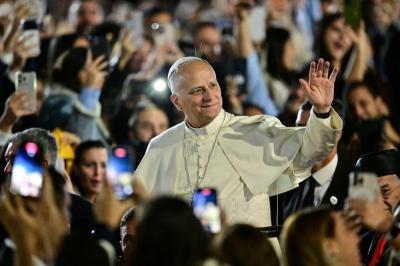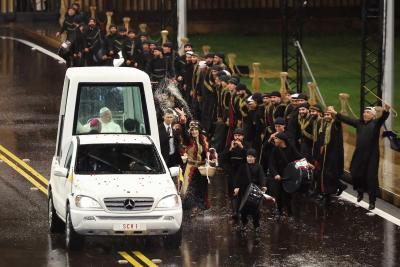Lebanon’s top officials agree on one undeniable truth: the country’s first obligation is to ensure that all arms are in the hands of the state. They also recognize that their second commitment—structural reform of the economy, judiciary, and public administration—hinges on the success of the first. This is not merely a demand from the Arab and international communities, but a fundamental national priority. It is the foundation of state sovereignty; without it, any attempt to build a functioning state is like constructing on shifting sands.
Even though “placing all weapons under state control” should be implemented ipso jure—that is, by enforcing existing international resolutions, ceasefire agreements, the Taif Accord, the presidential oath, and the ministerial statement—the Lebanese authorities have opted for a different approach. They’ve chosen dialogue with Hezbollah, citing the risk of civil unrest if action is taken without negotiation.
Given the failure of past attempts at “national dialogue” on this issue, the government has now restricted the scope of talks to a bilateral framework between itself and Hezbollah. President Joseph Aoun has already initiated this dialogue, which he insists must be substantive—not a folkloric gesture aimed at appeasing international, particularly American, pressure while leaving Hezbollah’s arms untouched under euphemisms like “Army Supporters,” a recent label floated with proposals to integrate Hezbollah fighters into army brigades.
The presidency’s current approach is to frame the matter within a comprehensive “National Security Strategy,” encompassing a defense strategy as one of its components. Hezbollah, for its part, has returned—after long denial—to the concept of a “defense strategy,” which it now uses to justify maintaining its arsenal under the pretext that the Lebanese army is too weak and the “resistance” is still needed to confront Israel.
Hezbollah has already burdened the dialogue with two conditions: halting Israeli airstrikes and Israel’s withdrawal from occupied Lebanese points. Yet it fully realizes these conditions are unattainable so long as it clings to its weapons, arsenals north of the Litani River and elsewhere across Lebanon.
More critically, these two overt conditions mask a deeper one: the anticipated Iranian-American dialogue in Oman, whether direct or mediated. Hezbollah is expected to stall or maneuver within domestic talks, awaiting the outcome of the Muscat negotiations. It’s banking on Tehran’s success in reducing or lifting U.S. pressure and sanctions, which would strengthen its hand against the Lebanese state and help it evade disarmament.
Hezbollah seemed notably relieved by the lukewarm nature of the recent summit between U.S. President Donald Trump and Israeli Prime Minister Benjamin Netanyahu and by Netanyahu’s “disappointment” at Trump’s uncoordinated announcement of talks with Iran.
This places the dialogue currently led by President Joseph Aoun—with the backing of Speaker of Parliament Nabih Berri, Prime Minister Nawaf Salam, and the government, which plans to address the arms issue in an upcoming session—at a crossroads. Its fate now hangs between two axes: the outcome of the Tehran-Washington talks and Hezbollah’s internal conflict between a hardline wing that insists on retaining arms and a more moderate wing inclined to draw lessons from war and integrate into the state framework.
Notably, Speaker Berri appears to favor the latter, more peace-seeking camp. He has even begun using President Aoun’s term “National Security Strategy” instead of the more ambiguous “Defense Strategy” and has pledged to help remove some of the obstacles hindering the weapons dialogue.
If the state has truly chosen dialogue to avoid conflict, then this dialogue must center on the mechanism of disarmament—not its principle. Talks must focus on a short-term Lebanese timetable for the handover of arms to the army, without being tied to any external developments—particularly the Iranian-American negotiations—lest the talks devolve into a time-wasting exercise.
One cannot ignore the pressure from Israel, which enjoys full American backing despite critiques of the Trump-Netanyahu summit. This reality demands utmost seriousness and urgency in the dialogue, especially in light of the silence of Hezbollah’s weapons and their inability to retaliate against Israel. In effect, the weapons have lost their purpose.
Perhaps the most critical question the Lebanese state can now pose to Hezbollah is this: Does the party have any option other than surrendering to the requirements of the ceasefire and relinquishing its arms—especially after it has become clear that its weapons can no longer protect its leaders, supporters, or the country itself? The answer is almost certainly no. All it has left is recycled rhetoric about the “necessity of resistance.”
Recent conflicts have exposed Iran’s need to either sever or at least loosen its ties with regional proxies. This has already begun in Iraq with the Popular Mobilization Forces, and in Yemen with the Houthis. Hezbollah will likely not be exempt from this trend.
Whether through dialogue or otherwise, the direction is clear and irreversible: the state must be freed from all non-state arms, Lebanese or foreign. The road ahead is singular—and the shorter the path to that end, the better.
Please post your comments on:
[email protected]
 Politics
Politics
